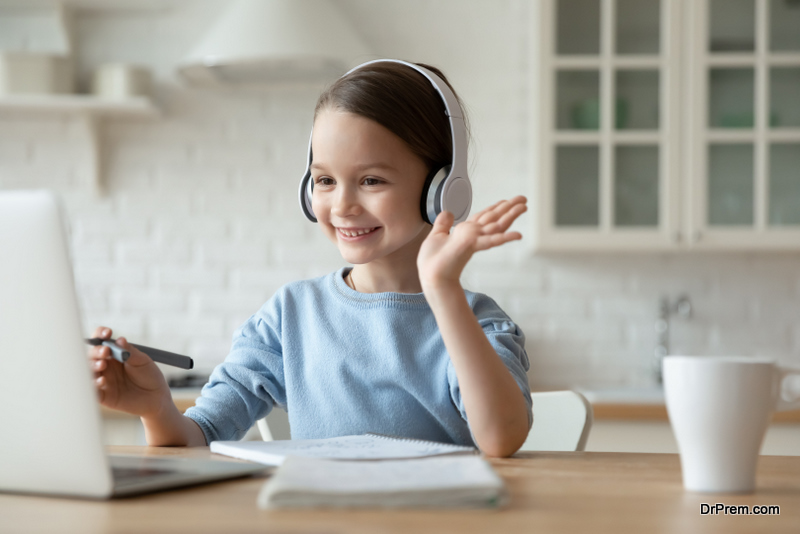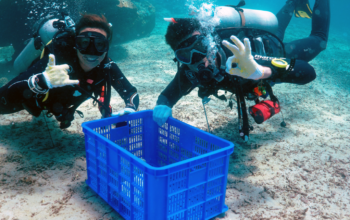Disclosure: As an Amazon Associate I earn from qualifying purchases. This page may contain affiliate links, which means I may receive a commission if you click a link and purchase something that I have recommended. There is no additional cost to you whatsoever.
Many parents are concerned that the lockdowns during the pandemic have hurt their young child’s social development. Now that vaccines are being administered and restrictions are beginning to lift, we can begin to reinstate regular social activities for ourselves and our children.
Whether your child had some social interactions before the pandemic or they have never had the opportunity to engage in normal social interactions, they may experience some anxiety. If you’re concerned about how your child will handle socialization in a post-pandemic world, there are some things you can try to make it less stressful.
In this article, we’ll cover tips for post-pandemic socialization with young children. With these tips, you can help ease your child into social interactions, tailoring the process to their specific needs. Here are seven tips to help your child with the socialization process:
1. Start Online
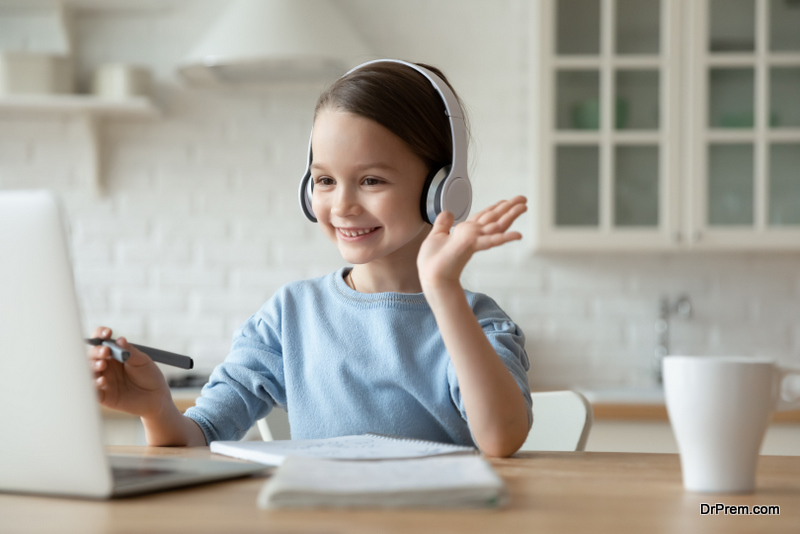 Socialization doesn’t always mean spending time with children their age. Social skills can also be learned by spending time with family and teachers. Reading out loud to a child can also help improve social behaviors and attention skills.
Socialization doesn’t always mean spending time with children their age. Social skills can also be learned by spending time with family and teachers. Reading out loud to a child can also help improve social behaviors and attention skills.
While video calls with friends and family can be a hectic social experience (even for adults), online story hours or children’s shows are a great, low-stress social activity. For these activities, there’s no better place to start than your local library. Many libraries offer storytime or sing-a-long sessions over Zoom so your child can listen in.
2. Keep Things Short at First
Whether your child was working on social skills before the pandemic or this is their first opportunity, start small. This could be as simple as just stopping by to bring a friend a handmade card or drawing. Stay and chat for a couple of minutes and then say goodbye. After one or two quick interactions, stay and play for 30 min to an hour. If that goes well, schedule full playdates.
Forcing your child to dive in too quickly could potentially cause a negative reaction. That negative reaction could also lead to future anxieties. There’s no downside to working your way up to longer interactions, so feel free to take your time and start small at first.
3. Create a Small Social Circle
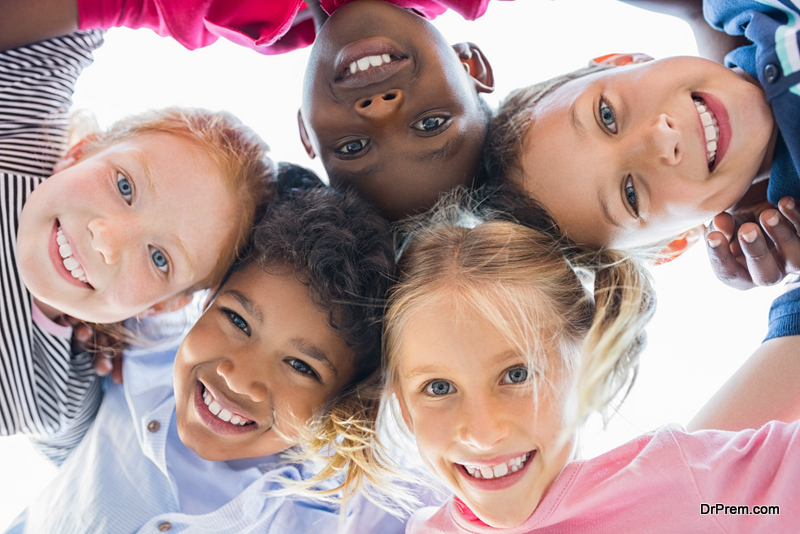 With the vaccine rolling out and restrictions loosening, we can start to attain some level of normalcy again, but it’s important to still be cautious. One way you can approach socialization is by creating social bubbles. In a social bubble, two or three families agree that they will socialize together normally while still following social distancing recommendations elsewhere.
With the vaccine rolling out and restrictions loosening, we can start to attain some level of normalcy again, but it’s important to still be cautious. One way you can approach socialization is by creating social bubbles. In a social bubble, two or three families agree that they will socialize together normally while still following social distancing recommendations elsewhere.
Ideally, you would have some friends who also have young children. This way, adults can hang out together and children can hang out together. Your child will also be eased into socialization because they will only encounter a few familiar faces. There is less stress involved if they are familiar with the other children and aren’t overwhelmed by a group of new faces.
4. Follow Their Lead
When you start engaging in social activities, keep an eye on your child and ask them questions before, during, and after. These questions can be as simple as “Are you excited to see your friend?” “Are you having fun?” “What was the best part of seeing your friend today?”
Open up conversations about how it went, but be careful to avoid negative language. Use open-ended questions rather than yes-no questions. Wait for your child to talk about how they feel. If they are experiencing nervousness, ask follow-up questions to find out if you should take a step back or slowdown in your socialization process. If they seem happy and excited, keep moving forward.
5. Play Outside
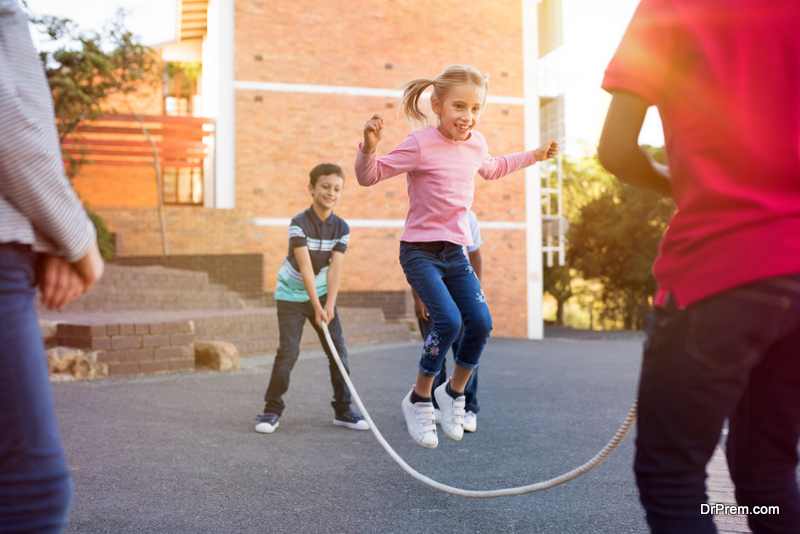 If you are hesitant to begin socializing just yet, remember that playing outside is a good way to engage in social activities while also remaining cautious. Even as vaccines are being administered and restrictions are being lifted, it doesn’t hurt to play it safe.
If you are hesitant to begin socializing just yet, remember that playing outside is a good way to engage in social activities while also remaining cautious. Even as vaccines are being administered and restrictions are being lifted, it doesn’t hurt to play it safe.
Not only is it safer, but you’ve also spent all winter inside. Your children will be happy to get out, run around, and burn off some of the extra energy from being cooped up all winter. So hit the park, bust out the sidewalk chalk, or bring out the yard toys for a fun day in the sun.
6. Take Advantage of Childcare Facilities
Since the pandemic first hit, many childcare facilities have managed to stay open safely by implementing new safety and cleanliness rules. Because of their diligence, kids can socialize during and after the pandemic safely.
Even if you don’t regularly bring your preschooler to childcare, it can be a great environment to help them socialize with children their age. It’s also low-stress for you. Someone else plans the activities, provides the toys, and monitors the children to help facilitate positive social interactions. They’ll have a great time, and you’ll get a bit of a break.
7. Set a Good Example
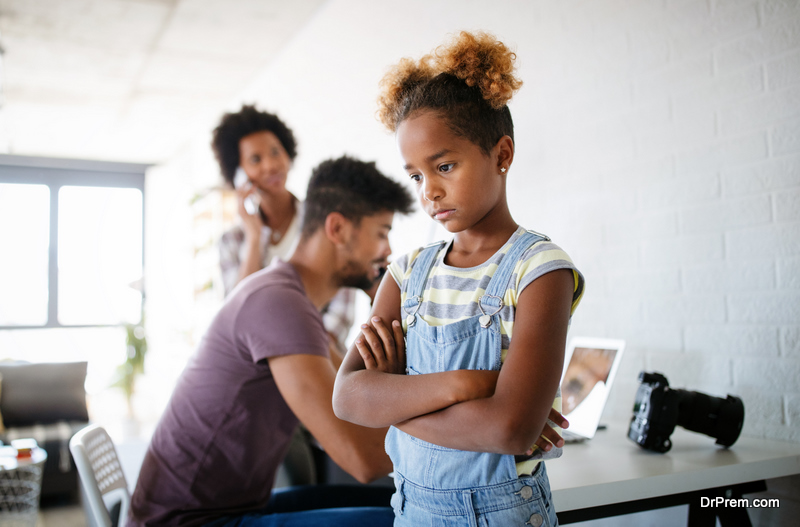 Children look to their parents, care providers, and other authority figures to learn how they are supposed to feel about a certain situation. While the pandemic has taken an emotional toll on all of us, it’s important not to show excessive/unnecessary worry or anxiety in front of a child as they begin engaging in social activity.
Children look to their parents, care providers, and other authority figures to learn how they are supposed to feel about a certain situation. While the pandemic has taken an emotional toll on all of us, it’s important not to show excessive/unnecessary worry or anxiety in front of a child as they begin engaging in social activity.
Because they look to us for social cues, we make children anxious when we are anxious. Sometimes, this is a good thing. There are things that they need to be cautious about. But we must also set a good example, remaining calm and assured, despite any residual discomfort we may feel as we begin to engage in normal, safe social activities again.
Building good social skills is important for so many aspects of life — our relationships with family and friends, our performance in school, and our success in our careers. Because these skills are so essential, we must help our children build a good foundation. The pandemic has thrown a wrench into our plans, but with these tips, our children can bounce back and make up for lost time.
Sandra Chiu works as Director at LadyBug& Friends Daycare and Preschool, with facilities serving families at multiple locations in the Chicagoland area.
Article Submitted By Community Writer
*{box-sizing:border-box}.top-container{display: grid;grid-template-columns: auto auto auto;}.column{float:left;width:100%;padding: 0 7.5px 15px 7.5px;}.row{margin:0 -5px}.row:after{content:””;display:table;clear:both}@media screen and (max-width: 600px){.top-container{display: block;grid-template-columns: unset;}.column{width:100%;display:block;margin-bottom:20px}}.card{text-align:center;}.card_image img{width:100%}.card_body{padding:15px}.card_title{font-size: 14px;line-height: 19px;text-decoration: none;text-align:left;color: #333;}.card-heading{text-align: left;margin-bottom: 25px !important;}
Today’s Top Articles:
.videoWrapper{position:relative;padding-bottom:56.25%;height:0}.videoWrapper iframe{position:absolute;top:0;left:0;width:100%;height:100%}
